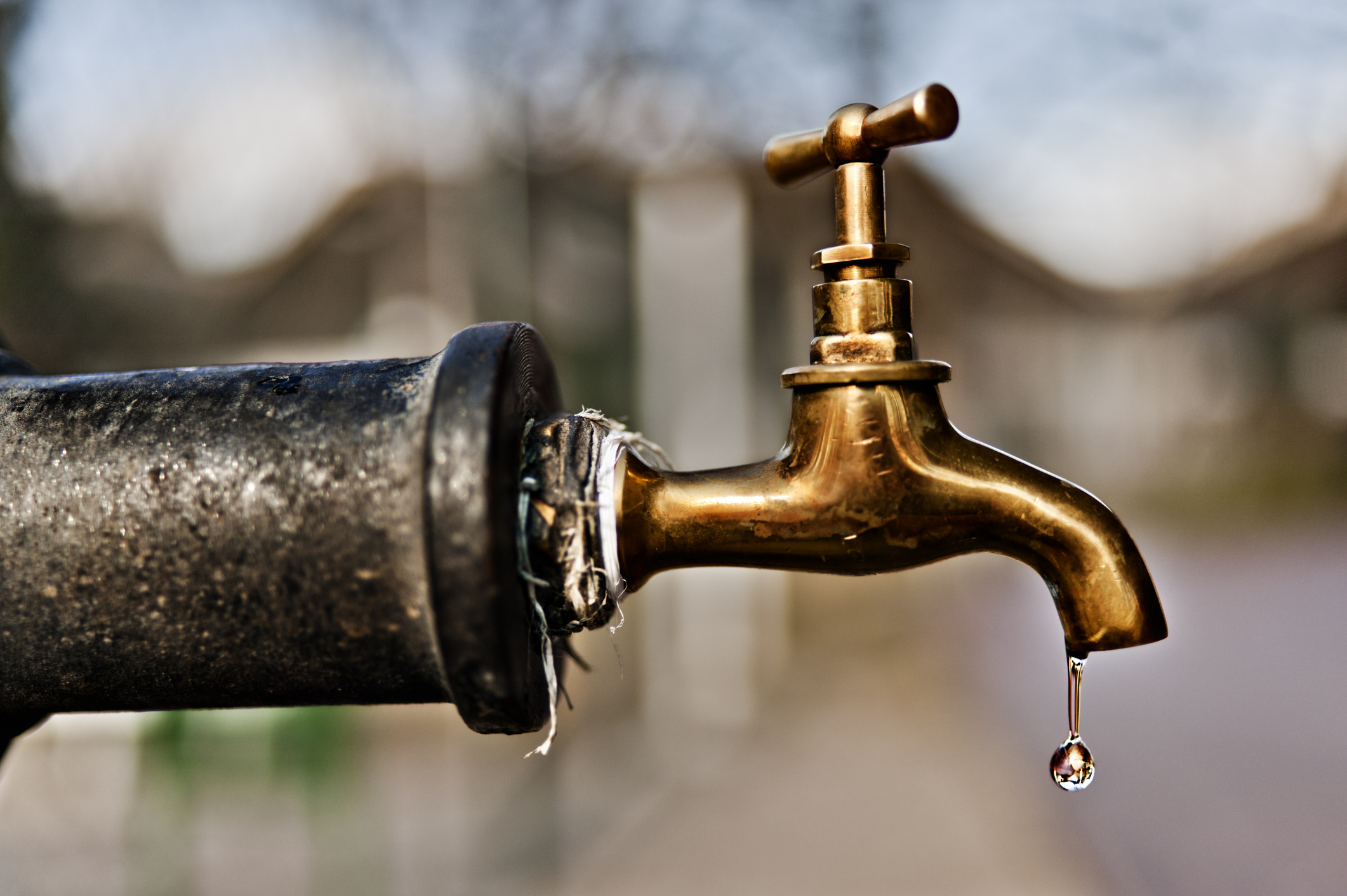President Joe Biden, speaking at the National League of Cities (NLC) Congressional Cities Conference, touted the achievement of providing funding through the Bipartisan Infrastructure Law (BIL) to replace lead pipes in communities across the country, including private-side lead pipes on personal property that connect to homes.
The President was able to tout this to city leaders because, at the end of February, the Internal Revenue Service (IRS) cleared the way for cities, towns, and villages to move forward by issuing critical guidance that the NLC helped shape.
Background
In 2021, the Biden-Harris Administration announced a comprehensive Lead Pipe and Paint Action Plan to accelerate lead pipe replacement. Under that plan, the U.S. Environmental Protection Agency (EPA) recently proposed the Lead and Copper Rule Improvements, which would require water systems to replace all lead pipes within ten years. This requirement follows EPA’s Lead and Copper Rule Revisions, finalized in 2021, requiring community water systems to complete a lead service line inventory by Oct. 2024.
The BIL provides $15 billion to replace lead service lines in communities, both on the public and private sides. Additionally, under the American Rescue Plan Act State and Local Fiscal Recovery Funds, lead pipe replacement was expressly allowed and encouraged as an eligible use. The Biden Administration estimates that 9.2 million households connect through lead service lines.

While some municipalities have voluntarily moved forward with lead pipe replacement projects on the public and private side, others had been holding off beginning the process of replacing private-side lead pipes because of an earlier IRS ruling that showed grants from a municipality to a resident could, in certain cases, result in taxable income to that resident.
In the case of a private-side lead pipe replacement, a homeowner could see their income increase by $10,000 in a taxable year—the average cost for replacement. For a family of four living at the poverty line, which is approximately $26,000 a year, their Earned Income Tax Credit would decrease by $1,166, or nearly 20 percent. This is a significant loss of income to lower-income families.
A Win for NLC and Cities
NLC took a two-pronged approach to achieving a result that would not financially burden communities or residents. First, NLC courted a champion in the Senate, where there is an active tax bill that could potentially be amended. NLC’s Finance, Administration, and Intergovernmental Relations Chair Blaine Griffin, Council President for the City of Cleveland, Ohio, joined NLC staff on a call with Senator Sherrod Brown’s staff. That meeting informed the staffer of the issue, and he proposed to help.

NLC also met with the Office of the Chief Counsel at IRS. NLC presented its case that allowing lead pipes to be included in taxation would have far-reaching effects on municipalities and their residents, thereby limiting the ability to meet the Biden Administration’s goal of replacing all lead pipes.
On February 23, 2024, the IRS issued Announcement 2024-10, which states that lead service line replacements do not result in income to residential property owners.
This guidance clears the way for municipalities to begin work and allows other municipalities that were replacing pipes to continue. The guidance is retroactive to past local government replacement projects as well.
While there is a lack of sufficient funding available to communities to meet the replacement requirement as proposed in the Lead and Copper Rule Improvements, even with the funds through BIL, the clarity achieved with the IRS announcement means that tens of thousands of homes can have the lead pipes that run into them replaced with new pipes without the fear of an additional tax burden. This is a win for municipalities, residents, and public health.
Resources
Local governments can seek free technical assistance for lead pipe replacement projects by applying through EPA’s Water Technical Assistance program.










